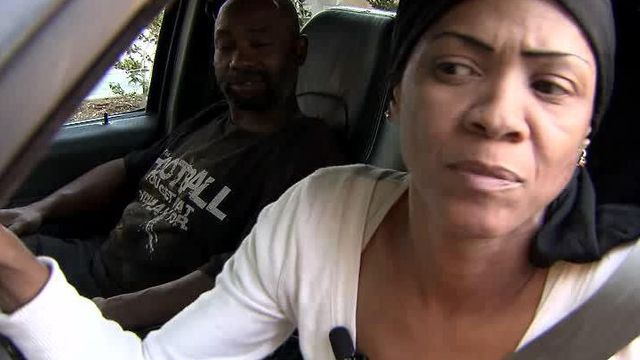Poverty rate soars in Raleigh, other NC metros
The number of Raleigh residents living in poverty almost doubled from 2000 to 2012, according to an analysis of census data by Brookings Institution.
Posted — UpdatedRaleigh's 97 percent increase placed it third nationally for poverty growth, behind only Cape Coral, Fla., and Boise, Idaho. Charlotte tied Raleigh for third on the list, while Winston-Salem tied for eighth, with an 82 percent increase, and Greensboro tied for 10th, with a 77 percent increase.
"I think now the numbers are staggering," said Regina Brooks, who works daily with struggling clients at the Women's Center of Wake County.
More than 16 percent of Raleigh's population is now in poverty. The Brookings report said an average of 130,242 residents were in poverty between 2008 and 2012, up from 66,177 in 2000.
Brooks said she isn't surprised by Raleigh's growing population in poverty, noting many people left jobs in other states to move to Triangle, which numerous magazines touted as one of the best places to live and work in the U.S.
"Raleigh, Wake County, Cary, this is the place to live, so that stayed with her," Brooks said, recounting the story of one of her clients. "That was in her spirit, and that's what said to her, 'I'm going to Raleigh.'"
Many of the transplants don't have the means to start over.
Jean Williams of the Women's Center of Wake County said she has gotten calls from people seeking help with lining up a shelter for housing so they can move to Raleigh in search of work.
Planning for population growth must include services to help lift people out of poverty, Williams said, noting that the commitment to those services simply hasn't kept up with demand in recent years.
Rebecca Tippett, director of Carolina Demography, a service of the Carolina Population Center at the University of North Carolina at Chapel Hill, said the flood of poor residents doesn't just flow from out of state.
"Rural counties, where there are fewer jobs and educational opportunities, are losing young individuals to urban centers, where there are more jobs and more opportunities," Tippett said.
In addition to population growth, observers said, the nationwide recession pushed more people into poverty while also keeping others from climbing out of it.
"People who were clearly middle income have found themselves plummeting down to poverty level," Williams said.
• Credits
Copyright 2024 by Capitol Broadcasting Company. All rights reserved. This material may not be published, broadcast, rewritten or redistributed.





